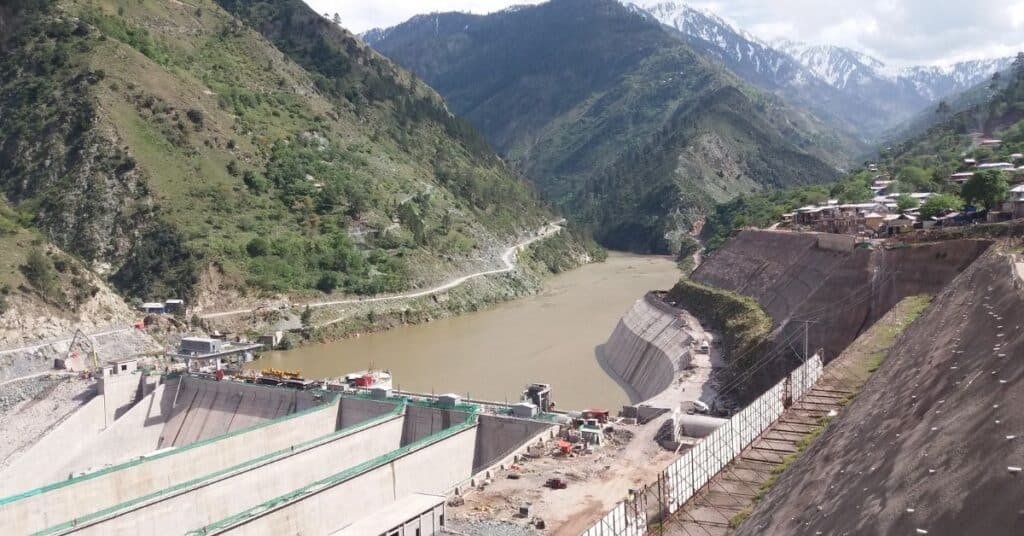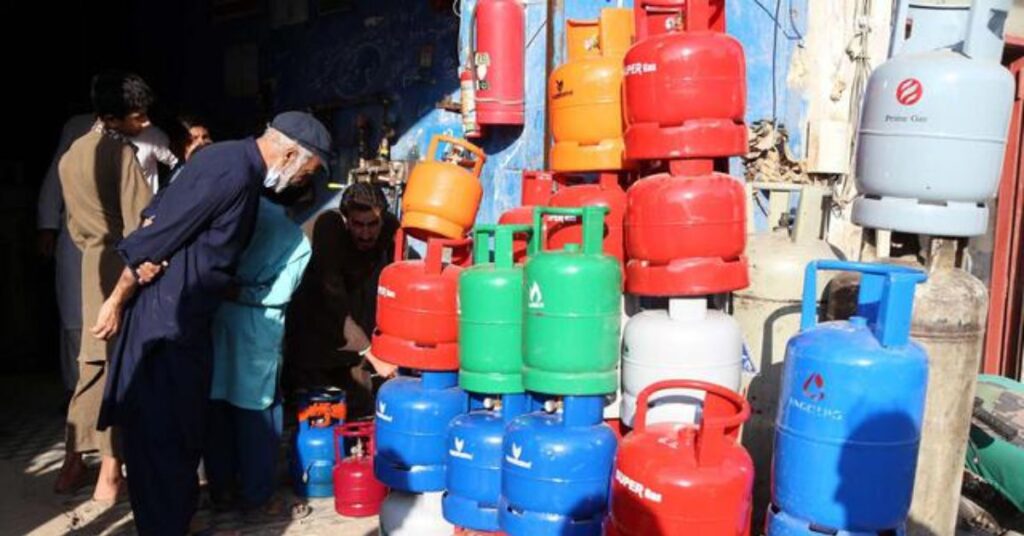ISLAMABAD: The Auditor General of Pakistan (AGP) has declared the Rs507 billion Neelum-Jhelum Hydropower Project a failure in terms of objectives, planning, and execution, Dawn reported.
In its report, the Auditor General said that the project failed to secure Pakistan’s water rights, and its multiple tunnel faults and collapses have not achieved the designed energy output.
In its performance audit report for 2022-23, submitted to the president and parliament, the AGP noted that the findings did not even include the major collapse of the headrace tunnel last year, which has kept the project shut, the publication reported.
The report was finalised based on responses from Wapda’s management to audit objections.
According to the report, the project faced considerable delays despite the provision of tunnel boring machines (TBMs) meant to speed up excavation, mainly due to design changes.
“The project could not reap the envisaged benefits of generation of planned electricity, establishment of water rights over Neelum River, selling of carbon credits under CDM, and completion of mitigation measures to safeguard the environment,” the AGP said.
Although the first unit was commissioned in 2018, contractors failed to complete pending punch list items, fulfil contractual obligations, or supply spare parts needed for smooth operation. “The major collapse in the tailrace tunnel (TRT) of the powerhouse just a few years after construction also casts doubt on the quality of design and works,” it added.
The report recalled that Wapda was to execute the project in line with the original PC-I, approved by the Executive Committee of the National Economic Council (Ecnec) in December 1989 at a cost of Rs15.012bn. After three intermediate revisions, Ecnec approved the fourth revised PC-I in May 2018 at Rs506.808bn, against which Rs423.446bn had been spent up to June 2023.
The project was delayed by almost eight years, raising its cost from Rs84.502bn (first revised PC-I) to Rs419.454bn, a cost overrun of Rs334.952bn.
The AGP said the project was not executed efficiently as resources were poorly managed and timelines under PC-I were ignored. Contractual issues also remained unresolved due to contractors’ delays.
Key audit findings included failure to generate the planned 5,150GWh annually, failure to establish water rights on the Neelum/Kishenganga, a nine-year time overrun, and a cost overrun of Rs338.944bn.
Other serious lapses cited were an increase in the project’s payback period from five to 12 years, non-realisation of $50.133m in revenue under the Clean Development Mechanism, reduced annual generation, and environmental damage due to poor studies at the planning stage worth Rs3.05bn.




